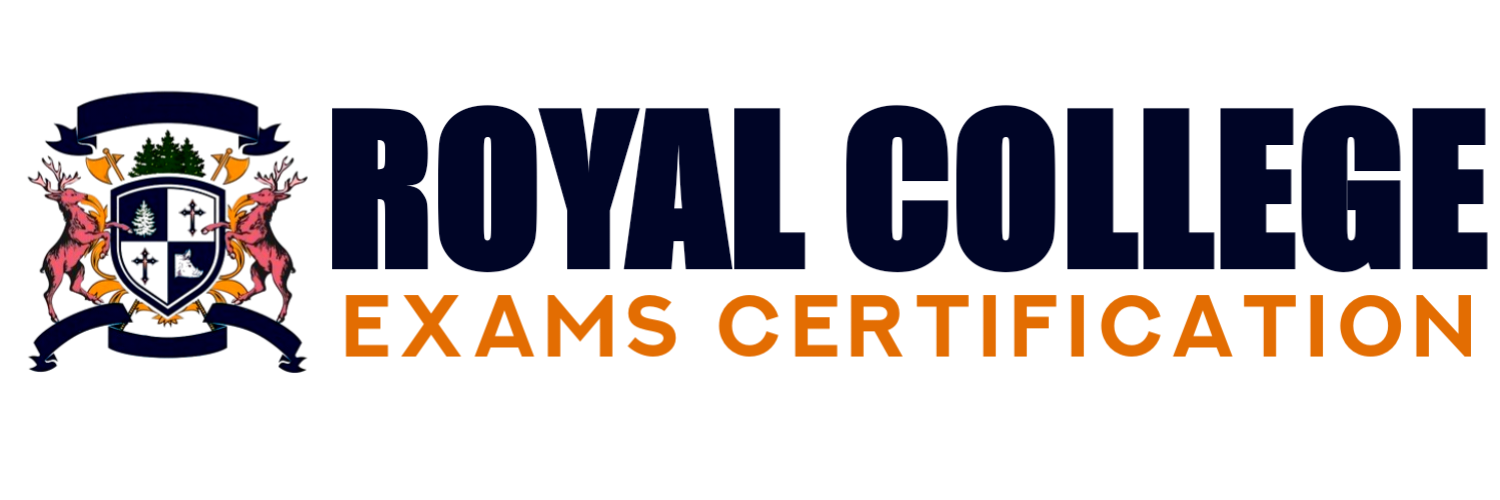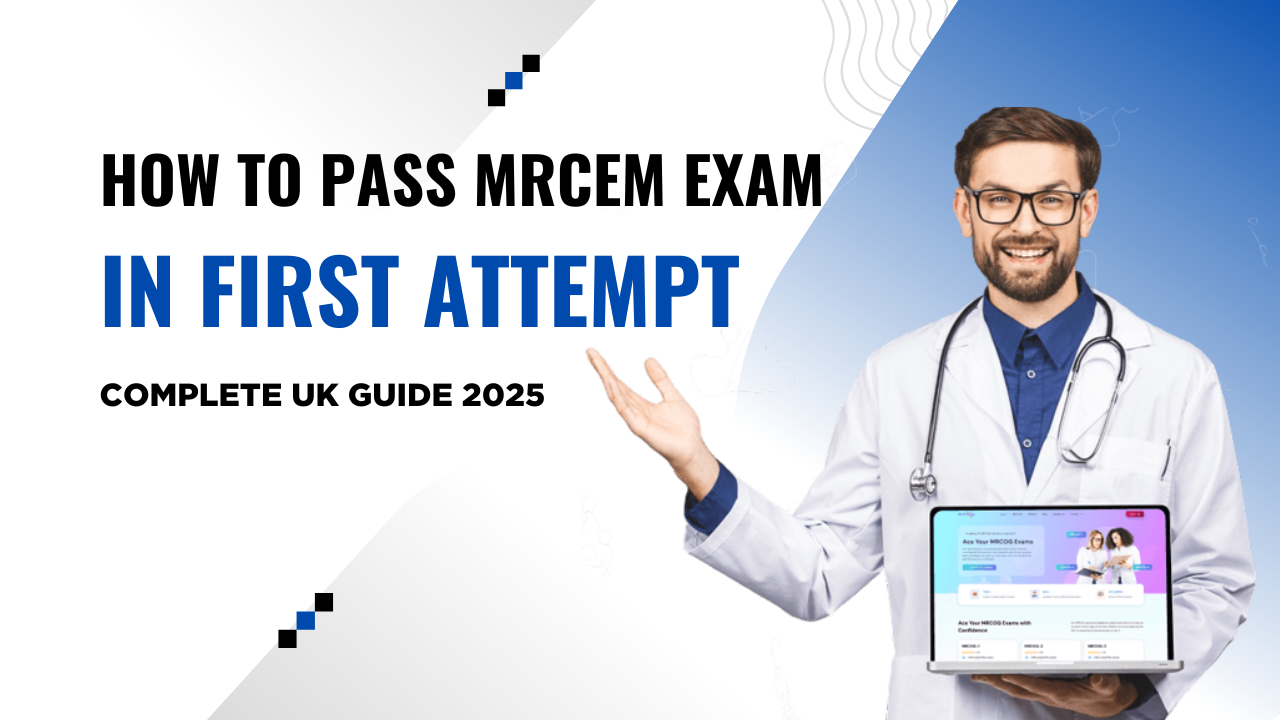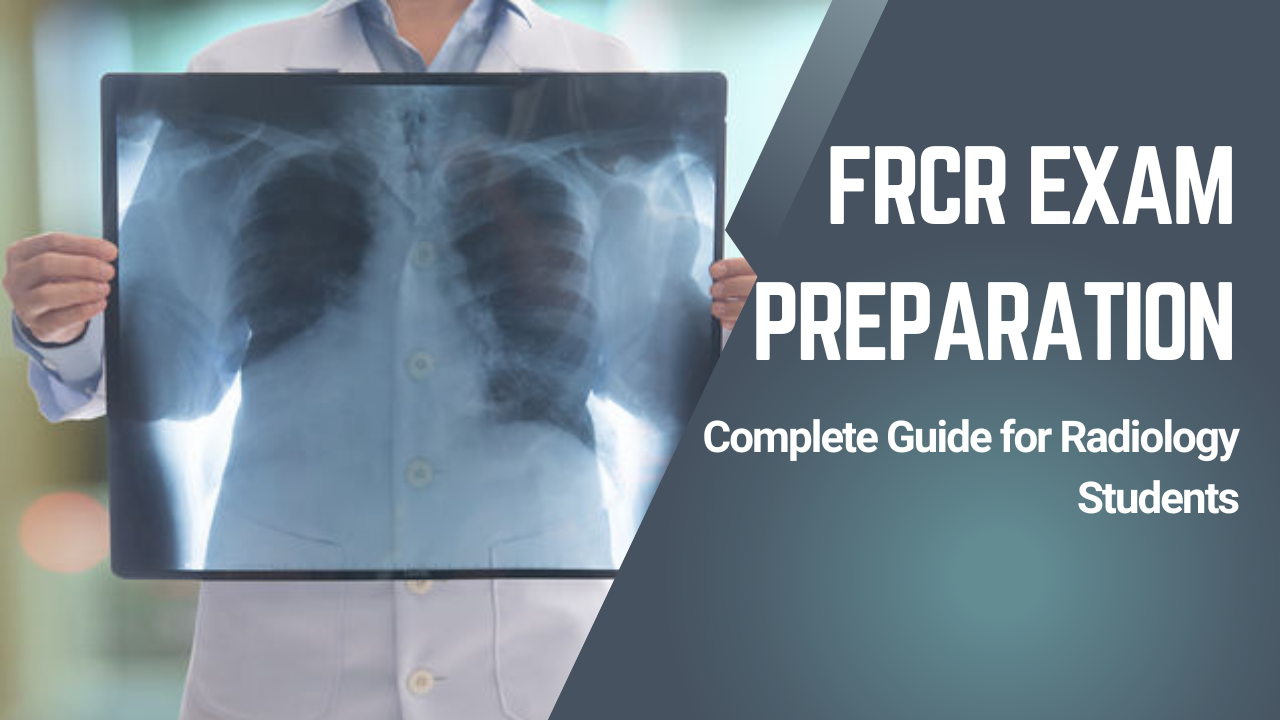Orthodontics is a highly specialized branch of dentistry focusing on the diagnosis, prevention, and treatment of misaligned teeth and jaws. For dental professionals in the UK, achieving the Membership in Orthodontics (MOrth) is a crucial step to advancing their career, gaining recognition, and providing the highest level of care to patients.
If you’re a dentist aiming to specialize in orthodontics in the UK, this comprehensive guide will cover everything you need to know about MOrth, including eligibility, exam structure, preparation tips, and career prospects.
What is MOrth?
MOrth, or Membership in Orthodontics, is a postgraduate qualification awarded by the Royal College of Surgeons (RCS) in the UK. It signifies that a dentist has achieved a high level of competence in orthodontic theory and clinical practice.
Holding MOrth demonstrates to employers, peers, and patients that you are skilled in orthodontic diagnosis, treatment planning, and clinical execution. In the UK, it is considered one of the most prestigious credentials for orthodontists and often essential for pursuing specialist practice.
Why is MOrth Important in the UK?
In the UK, orthodontics is regulated by the General Dental Council (GDC). To be recognised as a specialist orthodontist, dentists often pursue MOrth membership. Here’s why it’s important:
- Professional Recognition: MOrth is a mark of advanced clinical and academic competence.
- Career Advancement: Most NHS and private orthodontic posts require MOrth or equivalent specialist qualifications.
- Academic Opportunities: MOrth holders can pursue teaching roles or further research in orthodontics.
- Clinical Confidence: Completing MOrth equips you with skills to handle complex orthodontic cases, including adult treatments, surgical orthodontics, and multidisciplinary care.
Eligibility Criteria for MOrth (UK)
To apply for MOrth in the UK, candidates must meet specific eligibility requirements set by the Royal College of Surgeons. These include:
- Dental Degree: You must have a Bachelor of Dental Surgery (BDS) or an equivalent recognised qualification.
- Specialist Training: Completion of a recognised orthodontic training programme (typically 3 years of full-time postgraduate study) is essential.
- Clinical Experience: Candidates should have practical clinical experience in orthodontics, including managing cases independently.
- GDC Registration: A current UK General Dental Council registration is mandatory.
Some candidates who have trained outside the UK may also be eligible, provided they meet GDC recognition standards and complete additional supervised clinical experience.
MOrth Exam Structure
The MOrth examination is designed to assess both theoretical knowledge and clinical expertise. It is split into multiple components:
1. Written Component
The written exam evaluates your orthodontic knowledge, including:
- Craniofacial growth and development
- Orthodontic diagnosis and treatment planning
- Biomechanics and appliance therapy
- Orthognathic surgery principles
- Evidence-based orthodontics
The written exam usually consists of short-answer questions (SAQs) and structured questions, testing your ability to apply knowledge to clinical scenarios.
2. Clinical Component
The clinical exam assesses your practical orthodontic skills. It may include:
- Case presentations: Candidates present previously treated cases with full documentation and radiographs.
- Clinical scenarios: You may be asked to plan treatments for hypothetical patients.
- Hands-on exercises: Assessment of appliance fabrication, wire bending, and problem-solving in real-time.
3. Viva Voce / Oral Examination
The viva voce tests your critical thinking and decision-making skills. Examiners often focus on:
- Case rationale and treatment planning
- Ethical and patient management considerations
- Evidence-based practice
- Understanding of advanced orthodontic techniques
Passing all components is mandatory to obtain the MOrth qualification.
Preparing for MOrth in the UK
Preparation for MOrth requires a strategic approach, combining clinical experience, academic knowledge, and exam practice. Here’s how you can prepare:
1. Enroll in a Recognized Training Programme
Joining a 3-year postgraduate orthodontic training program in the UK is often the most reliable pathway. These programs provide structured teaching, supervised clinical experience, and exposure to a wide variety of cases.
2. Study Resources
Key study resources include:
- Textbooks: Proffit’s Contemporary Orthodontics, Graber’s Orthodontics: Current Principles and Techniques
- Journals: British Journal of Orthodontics, American Journal of Orthodontics and Dentofacial Orthopedics
- Past Exam Papers: Reviewing previous MOrth questions helps understand exam patterns
3. Clinical Logbook
Maintaining a detailed clinical logbook of cases is critical. Document:
- Diagnosis
- Treatment planning rationale
- Appliance type and duration
- Treatment outcomes
Examiners review logbooks to evaluate your practical competence.
4. Mock Exams and Peer Discussions
Participating in mock vivas and case discussions with peers or mentors improves confidence and presentation skills.
Career Opportunities After MOrth
Obtaining MOrth in the UK opens up numerous career opportunities:
1. NHS Specialist Posts
MOrth is often required for consultant-level positions in NHS hospitals and community dental services.
2. Private Orthodontic Practice
MOrth holders can work in private practices, often commanding higher salaries and having autonomy in patient management.
3. Academic Careers
Many MOrth-qualified orthodontists pursue teaching roles, supervising postgraduate trainees, or contributing to research publications.
4. Consultant Orthodontist
In the UK, MOrth is a stepping stone to becoming a consultant orthodontist, where you lead teams and manage complex cases.
Tips for Success in MOrth
- Understand the Syllabus Thoroughly: Focus on UK-specific guidelines and NHS protocols.
- Practical Experience is Key: Treat a variety of cases under supervision and document meticulously.
- Practice Case Presentations: Clear, structured presentations impress examiners.
- Stay Updated: Regularly read orthodontic journals and attend UK-based conferences.
- Seek Mentorship: Guidance from senior orthodontists who have cleared MOrth is invaluable.
Common Challenges in MOrth and How to Overcome Them
- Time Management: Balancing clinical duties and study can be tough. Solution: create a structured timetable.
- Complex Case Management: Some cases may be challenging. Solution: Discuss cases with mentors and maintain alternative treatment plans.
- Viva Nervousness: Many candidates struggle with oral exams. Solution: Conduct multiple mock vivas with peers to gain confidence.
- Examination Anxiety: Stress can affect performance. Solution: Practice mindfulness and simulation exams under timed conditions.
Cost and Duration
The MOrth pathway in the UK involves both training program fees and examination fees:
- Training Program: Typically 3 years, costs vary from £15,000 to £30,000 per year depending on the institution.
- Examination Fees: Written exam fees are around £1,500–£2,000, and clinical/viva fees may be an additional £1,500–£2,500.
While the investment is substantial, the career benefits and professional recognition make MOrth a worthwhile pursuit.
Conclusion
In the UK, MOrth Membership in Orthodontics is more than just a qualification—it is a mark of excellence, clinical expertise, and professional credibility. Whether you aim to work in the NHS, private practice, or academia, MOrth equips you with the knowledge, skills, and confidence to excel in the field of orthodontics.
By understanding the eligibility criteria, exam structure, preparation strategies, and career prospects, you can approach MOrth with clarity and purpose. With dedication, mentorship, and structured preparation, achieving MOrth in the UK is an attainable and highly rewarding goal.







